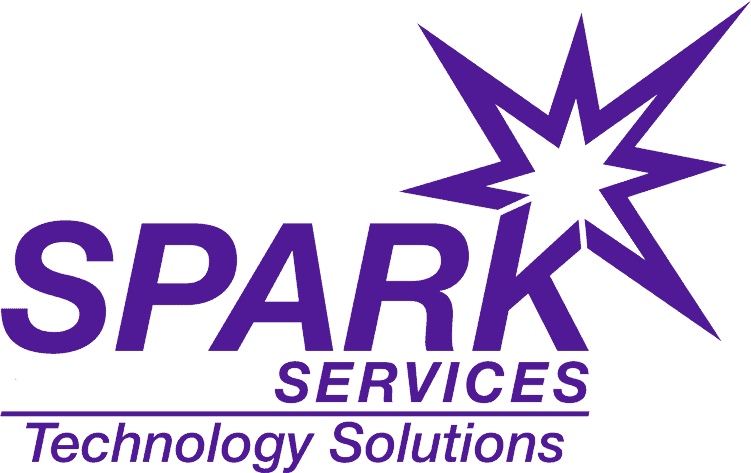In simple terms, Artificial Intelligence (Al) is the science and engineering of building intelligent computer programs that can achieve complex goals, such as driving a car, identifying a cat in an image, or suggesting a job you may be interested in. Underneath the broad umbrella of Al are specialized branches, such as machine learning and deep learning.
Al is truly a revolutionary feat of computer science, set to become a significant component of all modern software over the coming years and decades. Five Big Ideas of AI have been set out to encompass the AI field from the perspective of school-aged children. These ideas are:
Perception
Today’s computers perceive the world using sensors. Perception is the process of extracting meaning from sensory signals. Making computers’ see’ and ‘hear’ well enough for practical use is one of the most crucial achievements of AI to date. Students must understand that machine perception of spoken language or visual imagery requires extensive domain knowledge.
Representation and Reasoning
Agents maintain models or representations of the world and use them for reasoning. Representation is one of the fundamental problems of intelligence, both natural and artificial. Computers construct representations using data structures, which support reasoning algorithms that derive new information from what is already known. While Al agents can reason about very complex problems, they do not think as humans do.
Computers can Learn from Data
Computers can quickly learn from data. Machine learning is a kind of statistical inference that finds patterns in data. Many areas of Al have progressed significantly in recent years thanks to learning algorithms that create new representations. However, tremendous amounts of data are required for the approach to succeed. This “training data” must usually be supplied by people but is sometimes acquired by the machine itself.
Natural Interaction
As developers strive to create agents that interact naturally with humans, humans are among the most challenging things for Al agents to understand. To interact naturally with humans, agents must be able to converse in human languages, recognize facial expressions and emotions, and draw upon the knowledge of culture and social conventions to infer intentions from observed behavior. Robots will need to acquire active skills if they are to be welcome in our lives. Today’s Al systems can use language to a limited extent but lack even a child’s general reasoning and conversational capabilities.
Societal Impact
AI can impact society in both negative and positive ways. AI technologies are transforming how we travel, work, communicate, and care for each other. But we must be mindful of the harms that can potentially occur. For instance, biases in the data used to train an AI system can lead to some people being less well served than others. Thus, it is vital to discuss AI’s impact on our society and develop criteria for the ethical design and deployment of AI-based systems. The societal implications of AI involve two questions: which applications should AI be used for, and what ethical criteria should AI systems be required to meet?
When implementing Al, you may not be doing anything yet. Or you might be doing some automation, but you’re missing an effective strategy. On the other hand, you might even be doing it all well, and you’ve been wondering how to move to the next step when you can begin to scale, innovate or disrupt the industry.
Remember to think of the Big Five Ideas to help guide you no matter what phase you’re at. First, look within your business for areas where your team is performing manual, repetitive, tedious tasks. Next, consider the metrics that lead to ROI- scalability, speed, reliability, and accuracy. Next, leverage data to gain predictive insights and gather more and better data in the future. And finally, look for ways to differentiate your business and gain a competitive advantage.
SPARK Services is a firm specializing in solving the day’s most complex business problems and guiding clients to the best possible outcomes. So if you’re interested in learning more about data, automation, or artificial intelligence that may help you solve a business challenge, we would like to help! Connect with us to know more about Artificial Intelligence systems!




